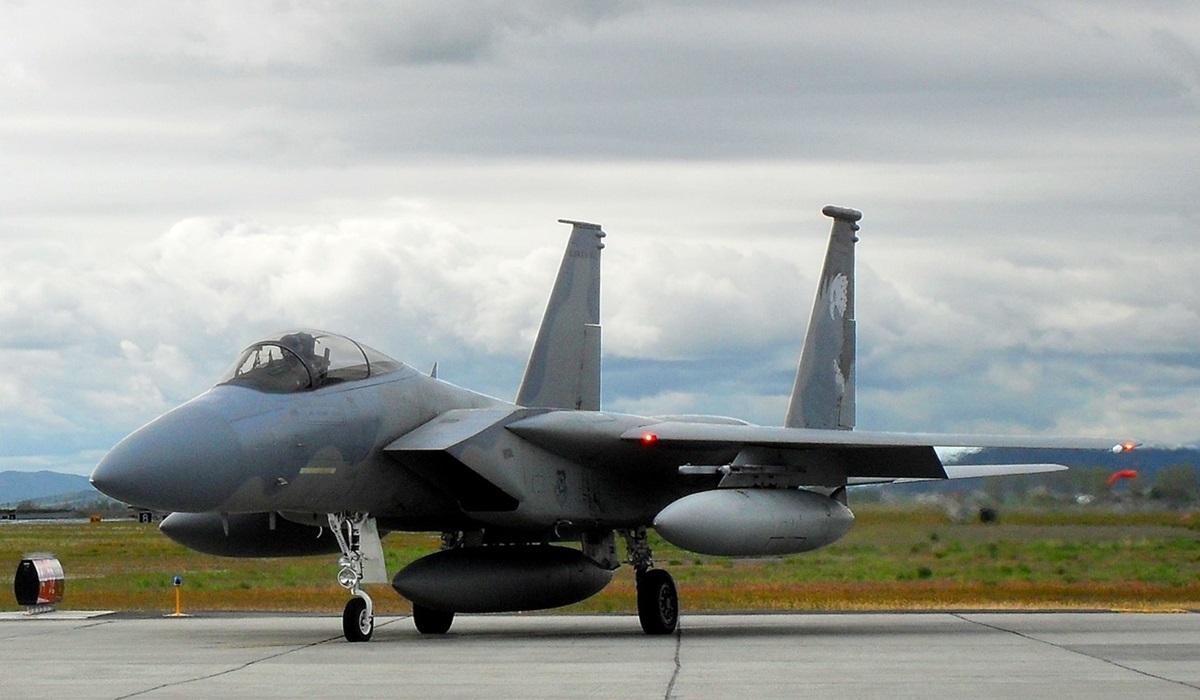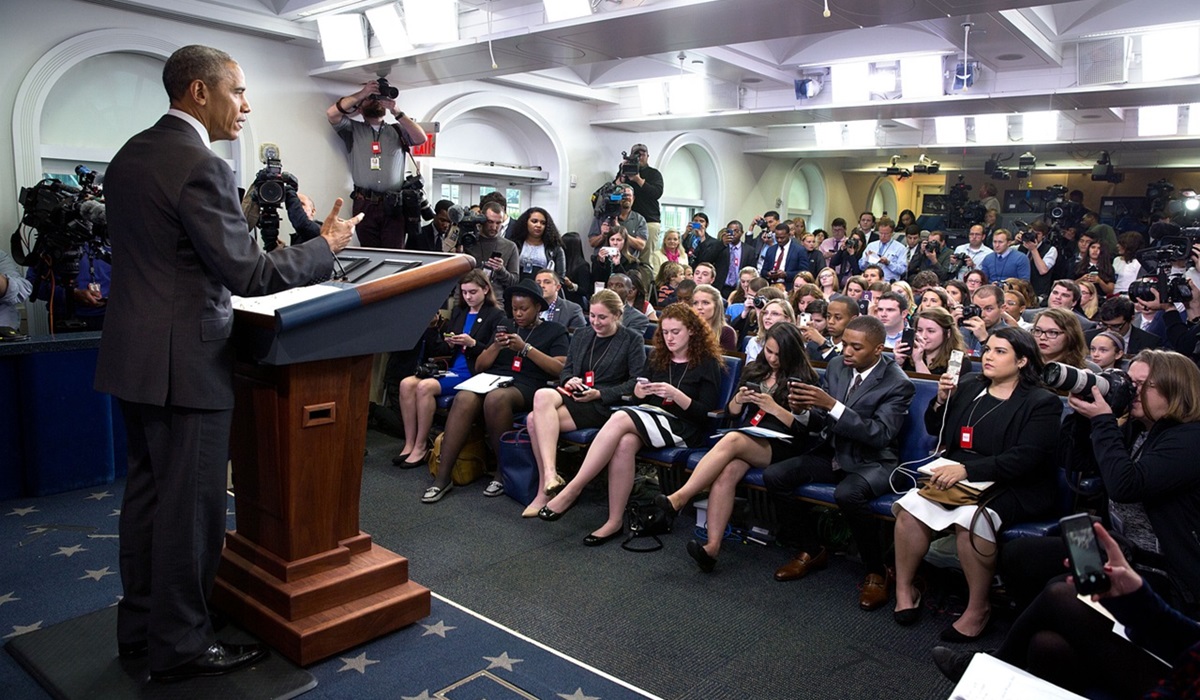Biden Contemplates $18 Billion Arms Transfer to Israel, Including F-15 Jets
- Naomi Dela Cruz
- U.S.A
- April 2, 2024

Image credit, Donald W. White
Amidst escalating tensions and concerns over the ongoing conflict in the Middle East, reports have emerged suggesting that the Biden administration is considering a substantial arms transfer to Israel, totaling a staggering $18 billion. Among the arsenal being contemplated for transfer are F-15 fighter jets, sparking heated debates and raising questions about the United States’ role in the region.
While the proposal is still in the deliberation stage, insiders close to the White House have hinted at the possibility, although it remains a point of contention among policymakers and advocacy groups. The United States has historically been a primary supplier of weaponry to Israel, a fact that has drawn criticism, particularly in light of the recent surge in violence in Gaza.
Critics argue that such arms transfers only serve to exacerbate the humanitarian crisis in the region, with senators like Bernie Sanders and other congressional representatives voicing opposition to the move. They contend that the massive military-industrial complex in the U.S. benefits from these transactions, wielding considerable influence over government decisions through campaign contributions and lobbying efforts.
Concerns about the ramifications of such a decision extend beyond geopolitical implications. Many fear that prioritizing military aid to Israel comes at the expense of addressing pressing domestic issues, such as economic inequality, healthcare access, and housing insecurity. With millions struggling to make ends meet, the prospect of allocating billions towards weapons subsidies raises ethical and practical concerns.
Moreover, recent events, including indiscriminate violence against humanitarian convoys, have further underscored the urgency of reevaluating the U.S.’s approach to the Israeli-Palestinian conflict. Critics argue that prioritizing arms transfers over humanitarian aid not only perpetuates violence but also undermines efforts towards a peaceful resolution.
As the Biden administration weighs its options, the decision to proceed with the proposed arms transfer carries significant implications. It not only reflects the United States’ stance on the conflict but also its commitment to addressing global humanitarian crises. With mounting pressure from advocacy groups and concerned citizens, the administration faces a critical decision that could shape its foreign policy agenda and impact its electoral prospects in the upcoming November elections.








